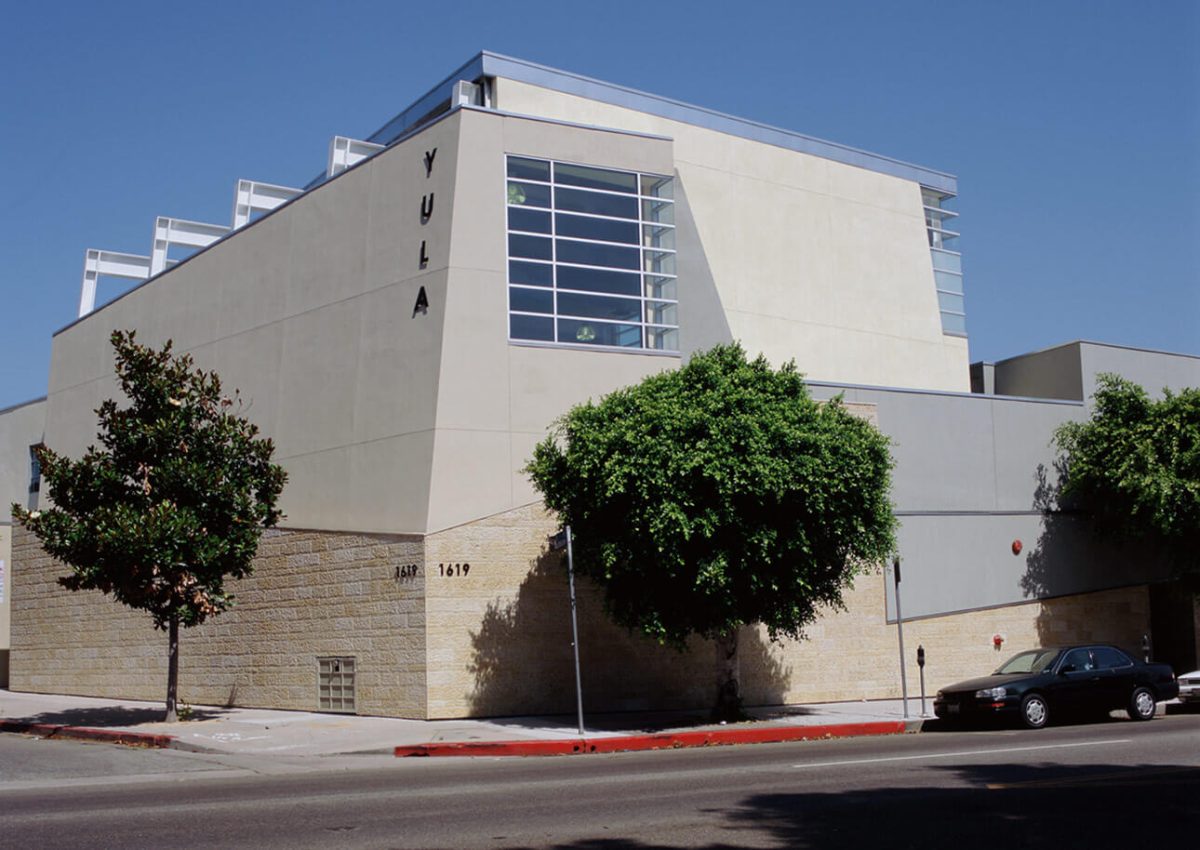
Pope Francis, the 266th Bishop of Rome and Sovereign of Vatican City, died at age 88 on April 21st, 2025, prompting the question for Jews of how this seemingly distant religious leader impacted the Jewish people and the State of Israel.
The Pope had a close relationship with the local Jewish leaders in Buenos Aires and with Rabbi Abraham Skorka, a rabbi whom the Pope wrote a book with and remained in contact with, yet others note his inconsistency regarding political matters circling the Jewish religion. Despite his warm relationship with Jews, according to religionnews.com, in 2021 he released a statement claiming that the Torah is misleading and “is not capable of being…fufill[ed]”.
The search for an answer to satisfy the connection between this Bishop of Rome and the Jewish people did not end then. It has led to discoveries that called attention to the continuation of contradictions in more recent years. For example, after the October 7th massacre, Pope Francis further distanced himself from the State of Israel by criticizing their war tactics in response to the tragedy, often declaring these statements in harsh language.
However, through his harsh critique, the Pope demonstrated tenderness to the Jewish community in Vatican City. To reduce the growing anti-Semitism that he witnessed worldwide, according to the United States Conference of Catholic Bishops, he declared antisemitism as a sin.
Pope Francis pursued meaningful relationships and personal ties with Jewish leaders, yet his political statements and views sometimes sparked confusion. His efforts to combat antisemitism reflected his concern for the safety of Jewish communities, even though his criticism of Israel’s actions drew strong reactions. Despite the conflicting views on Pope Francis’s exact stance toward Judaism and Israel, one thing remains certain: his legacy reveals a deep, though controversial, engagement with the Jewish community.







